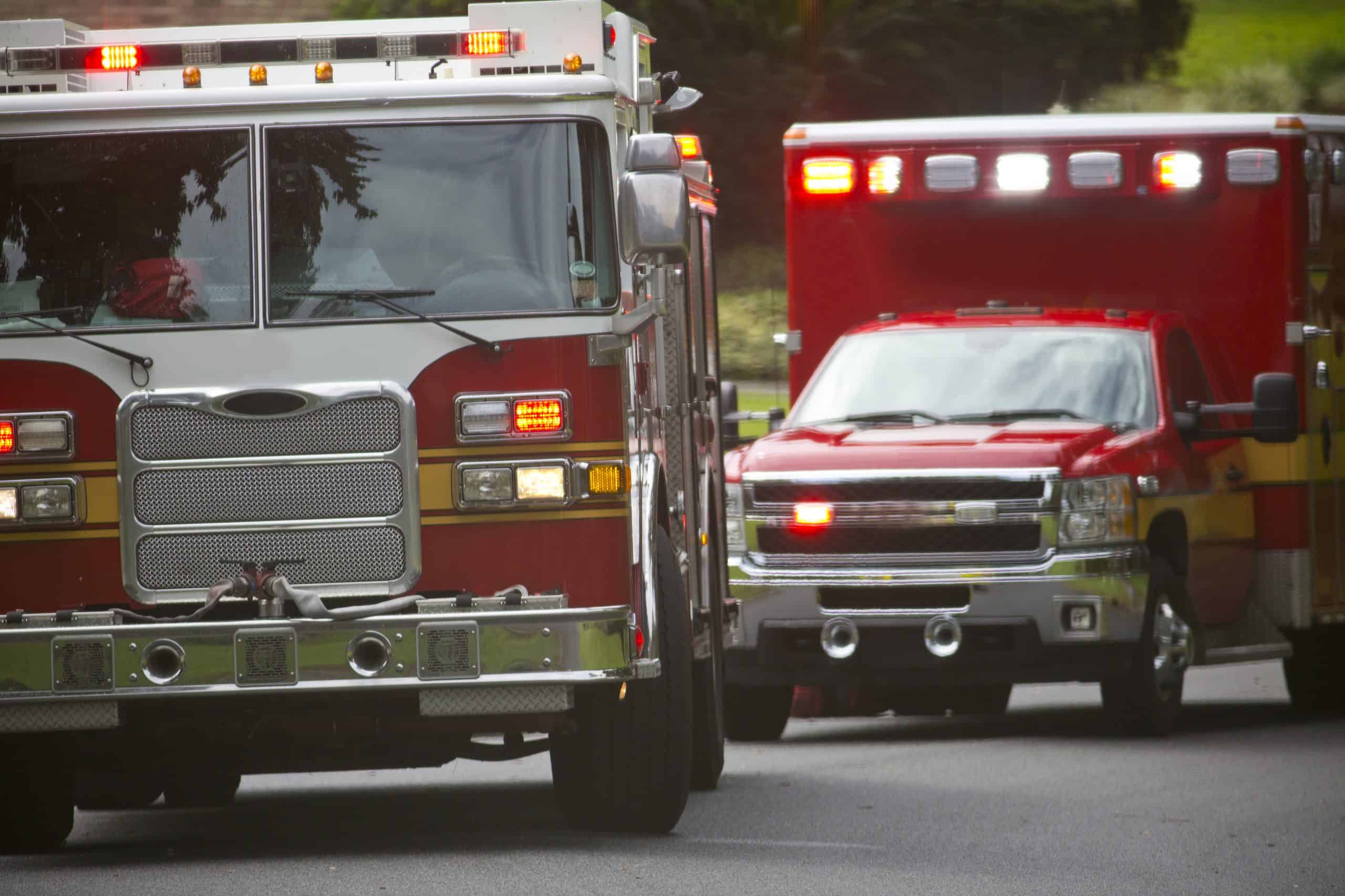You have to work your safety plan constantly. It’s too late if the first time you’ve used it is when an emergency takes place.
Lessons Learned for the Next Time
It was the last day of regular classes at my little rural high school, and a boy I knew well -I had been his guidance counselor during his junior year and then his teacher the following year -drove home, got a gun, came back to school and killed another student.
I spent the next year trying to figure out why this happened, and even worked with the Justice Department and the FBI, digging through case studies and every other piece of research I could get my hands on, desperately trying to understand how this could have happened at my school. Then, the next year the Columbine tragedy occurred, and violence was thrust into every living room in the country and around the world.
Those horrible events had a major impact on my career and my life. But, because of that experience, I’m now in a position to help others prepare.
Things Can – And Will – Go Wrong in a Crisis
I was on my way to a district superintendents’ meeting when I got a phone call from a school principal.”Doctor Shelton, the building’s on fire,” he said. He told me black smoke was billowing from the roof and windows of the building, but he’d evacuated the kids. However, he wasn’t sure everyone had made it out.
It’s a call you never want to get.
I realized our fire drills had only occurred at scheduled intervals, when he was completely aware and in control. But emergencies aren’t planned, and we needed to have surprise drills.
We had an excellent plan in place, but we found there was still a lot of room for improvement. That’s why you need to debrief.
If You Don’t Work It Every Day, You Won’t Be Ready
What I really want to help people understand is that you have to work your safety plan constantly. It’s too late if the first time you’ve used it is when an emergency takes place. You have to prepare for when bad things happen. I’ve had principals say to me,”This won’t happen to us; we’re too rural.” But geography will not save you from tragedy. I know that better than anyone.
But what’s even more important than the drill is the follow-up conversation. This is where real progress is made. A bomb threat drill is a good example because it’s unique. The police and local emergency management authorities may take away some of the powers you have in other crises. If you don’t follow your drills with a discussion that also involves your police chief and school system, you may not have all the information you need to remain calm, and move the children to safety should the real thing occur.



